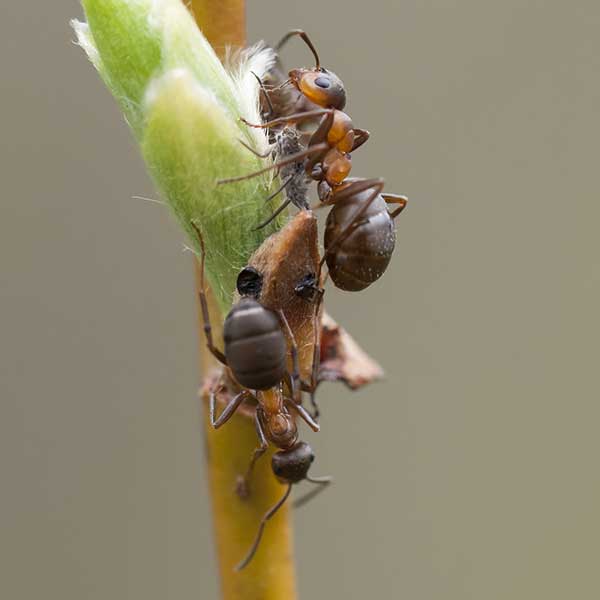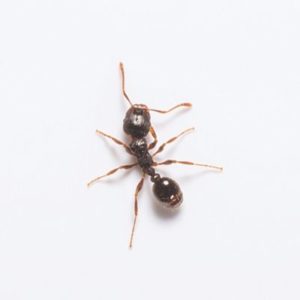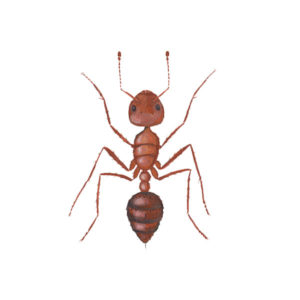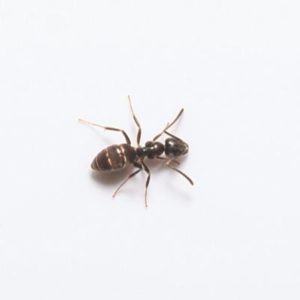Velvety Tree Ants in Louisiana
Velvety tree ants get their name from their smooth velvety dark abdomen. The name of “tree ants” comes from the fact that most species of these ants make their nests in trees. If crushed, a velvety tree ant worker releases an unpleasant odor. The workers also give off an odor if the colony is disturbed. Due to their appearance and close association with timber, velvety tree ants are commonly misidentified as carpenter ants. When constructing nests, carpenter ants produce coarse frass, which looks like sawdust, while velvety tree ants produce frass with a finer consistency.
Velvety Tree Ant Habitat
In their natural habitat, nests of velvety tree ants are typically found in the crooks and hollows of trees, or under stones. Depending on the location, velvety tree ants nest in oaks, sycamores, cottonwoods, and pines. In structures, infestations resemble carpenter ants, but the excavated material has a finer texture. Similar to carpenter ants, these ants are known for their wood destruction and will carve out tunnels and nests in wood, although they do not ingest the wood. Omnivores, velvety tree ants feed on a wide range of substances, including protein and sugary substances.
Velvety Tree Ants Behaviors, Threats, or Dangers
Velvety tree ants are aggressive and will attack and spray intruders with secretions that resemble those of odorous house ants. Homeowners often complain about strong odors associated with an infestation of velvety tree ants. These ants are wood chewing machines and are fond of insulation, where small piles of frass or wood shavings may be present. Velvety tree ants also construct nests within wall voids of homes. If a velvety tree ant infestation is suspected, it is recommended to contact a professional ant exterminator.
Need help with Velvety Tree Ant control?
Click the Get a FREE quote button below to leave your information.





